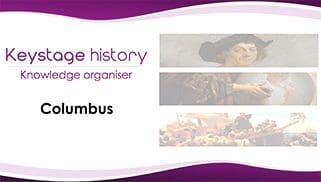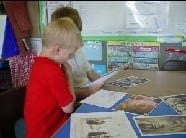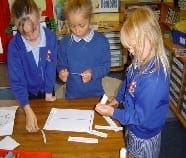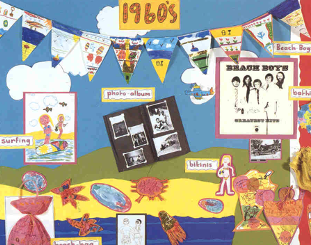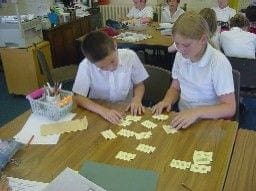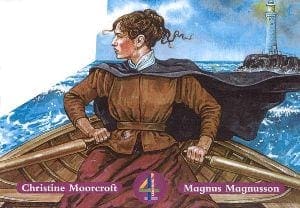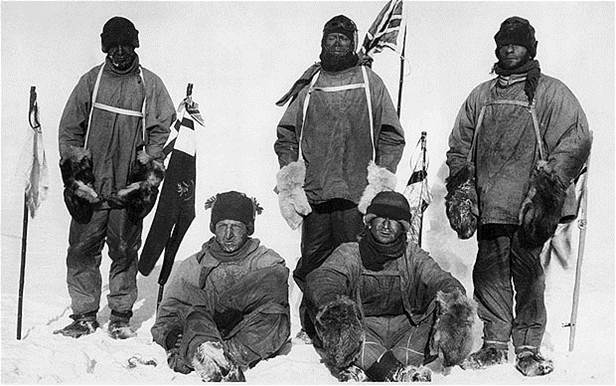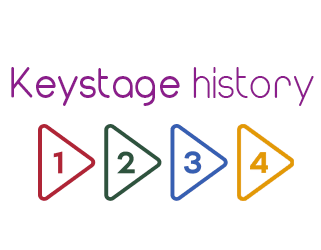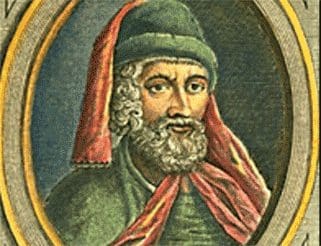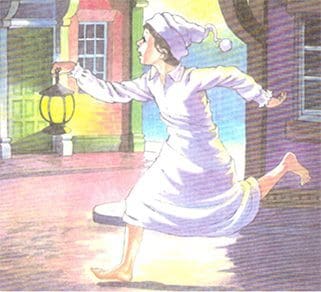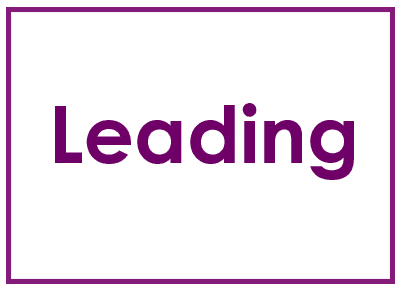Primary history teaching
Columbus knowledge organiser – KS1
Columbus is a world-famous navigator and explorer whose daring voyages in search of the Indies led to the opening of…
Read More6 signs to look for to show your pupils are becoming historically literate
1. Understanding how it is possible to know about the past Pupils show an understanding of how it is possible…
Read MoreScales of planning in primary history
Making sure you don’t leave out key things and don’t waste your time duplicating Planning can seem a real chore,…
Read More5 key tasks for the history subject leader
Being a history subject leader can often be daunting, especially if you have received very little training and have no…
Read More10 top dos and don’ts of using knowledge organisers in primary history
Used well, knowledge organisers are a really powerful resource but it all depends on how they are used. However attractive…
Read MoreKS1 History Planning for Going to the Seaside topic
Medium term planning and planner for Going to the Seaside KS1 This history topic has been designed to be taught…
Read MoreWright Brothers – KQ2 – How did the Wright brothers manage to be the first to launch a man powered flight?
This enquiry comprises a series of three smart tasks: the first is a sequencing task based on storytelling; the second…
Read MoreGoing to the seaside – KQ5a – How have seaside holidays changed over time?
Can you help Grandma sort these seaside holiday photos? This smart task which forms the first half of this KQ5…
Read MoreKey ideas in primary history
When we are teaching 11 subjects it is often difficult to catch the essence of each. If we’re not careful…
Read MoreKS1 History Planner for Scott of the Antarctic topic
Medium term planning and planner for Scott of the Antarctic KS1 This topic has been designed for Term 3 of…
Read MoreGrace Darling – KQ1 – Setting up the enquiry – What did Grace do that made her famous …and why is she remembered today?
This is the first lesson on an enquiry into Grace Darling: what she did, and why she was famous. The…
Read MoreScott of the Antarctic – KQ2 – How did Scott get to the South Pole and what happened then?
You can use this task on Scott’s journey to the South Pole in a number of ways: as a simple…
Read MoreScott of the Antarctic – KQ3 -Why did Scott risk his life going to the South Pole?
The concept of an intrepid explorer may not be completely alien to even the youngest children as the media does…
Read More5 things primary history subject leaders should be doing next term
It obviously makes no sense to ordain a calendar of must-do tasks that all primary history leaders should be following….
Read MoreTeaching Caxton and Bell at Key Stage 1
These two famous people are linked by the theme of communication; spreading the word. Tim Berners-Lee founder of the world…
Read MoreComparing different nursery rhymes: Wee Willie Winkie
This fun lesson uses images and very simple text as well as artefacts. It provides an essential grounding in an…
Read MoreHow can I raise standards in learning in history in my primary school? Doing the right things.
One of the hardest jobs for a history subject leader in primary schools is to build up a clear idea…
Read More
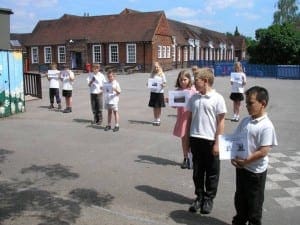 For most primary teachers, there are many attractions to teaching history. Not only is it one of the most popular subjects with pupils, it is also one which is invariably interesting to teach.
For most primary teachers, there are many attractions to teaching history. Not only is it one of the most popular subjects with pupils, it is also one which is invariably interesting to teach.